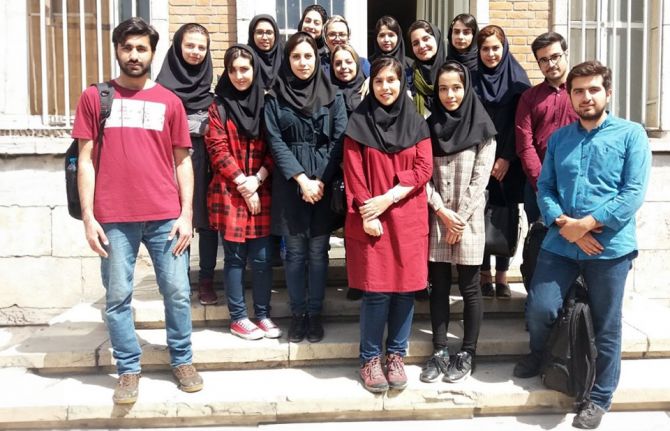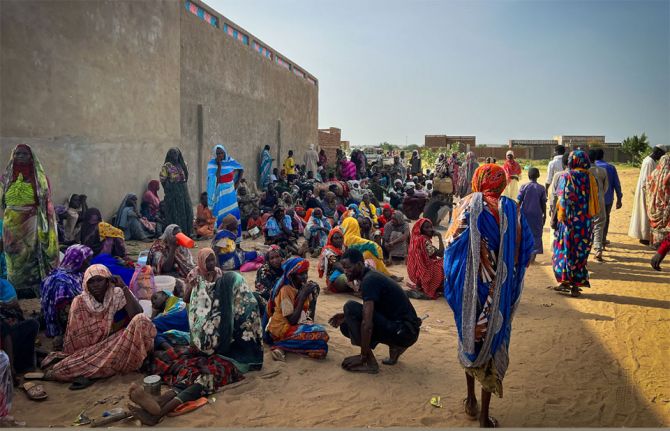
Feature Story
Arab countries to develop a unified AIDS Strategy to reach targets set in the 2011 Political Declaration on AIDS
15 March 2012
15 March 2012 15 March 2012
The HIV epidemic in the Middle East and North Africa (MENA) region has been on the rise since 2001.
Credit: UNAIDS/P.Virot
“We will save no effort to prevent new HIV infections and new AIDS related deaths in our region,” said H.E. Dr Abdel Latif Wreikat, Minister of Health of Jordan and the Chair of the 37th Session of the Council of Arab Ministers of Health held on 14-15 March 2012 in Amman, Jordan.
At the session, the Council of the Arab Ministers of Health, representing the member countries of the League of Arab States, officially launched the Arab AIDS Initiative. This initiative aims at accelerating national and regional AIDS responses to achieve the targets set in the 2011 Political Declaration on AIDS. “We are committed to maintain HIV prevalence low in the Arab countries” stressed Dr Wreikat.
At the heart of the new initiative are the development of a “Unified Arab AIDS Strategy on HIV and AIDS” and the constitution of a technical committee to follow up the development and implementation of the new strategy. Overall, the strategy will help countries in the region to better understand their epidemics; create stronger political commitment and higher investment on AIDS; and will contribute to streamline AIDS within the wider development agenda. The technical committee will review the global targets of the Political Deceleration and develop a regional roadmap to reach them by 2015.
Sima Bahous, Assistant Secretary General of the League of Arab States expressed their determination to “work with our Member States to meet the commitments they made in signing the Political Deceleration on AIDS.”
We will save no effort to prevent new HIV infections and new AIDS related deaths in our region
H.E. Dr Abdel Latif Wreikat, Minister of Health of Jordan
This unprecedented initiative culminates a growing partnership between UNAIDS and the League of Arab States. A series of regional and sub-regional consultations and workshops took place during 2011 to unite Arab countries in their responses to AIDS. These trainings, which took place under the umbrella of the League of Arab States, were facilitated by UNAIDS who helped develop the agenda as well as the recommendations. UNAIDS has also assisted countries throughout the year in reviewing their National Strategic Plans to ensure that human rights were included in their national AIDS responses.
“We are pleased to see AIDS at the top of the priorities of the Arab League at a time of competing political priorities in the rapidly changing Arab World,” said Hind Khatib, Director of UNAIDS Regional Support Team for Middle East and North Africa.
The HIV epidemic in the Middle East and North Africa (MENA) region has been on the rise since 2001. Although the overall HIV prevalence in the region is still low, the rise in new infections has put MENA among the top two regions in the world with the fastest growing HIV epidemic. Approximately 500 000 people are living with HIV in the region and AIDS-related mortality has almost doubled in the past decade among both adults and children.
The HIV epidemic is primarily concentrated among people who inject drugs, men who have sex with men and sex workers. However, the epidemic reflects the diversity of the region with different populations more heavily affected in different places. Such diversity is further amplified by differing attitudes, policies, political commitments and the availability of and access to HIV prevention and treatment services in the different countries.



